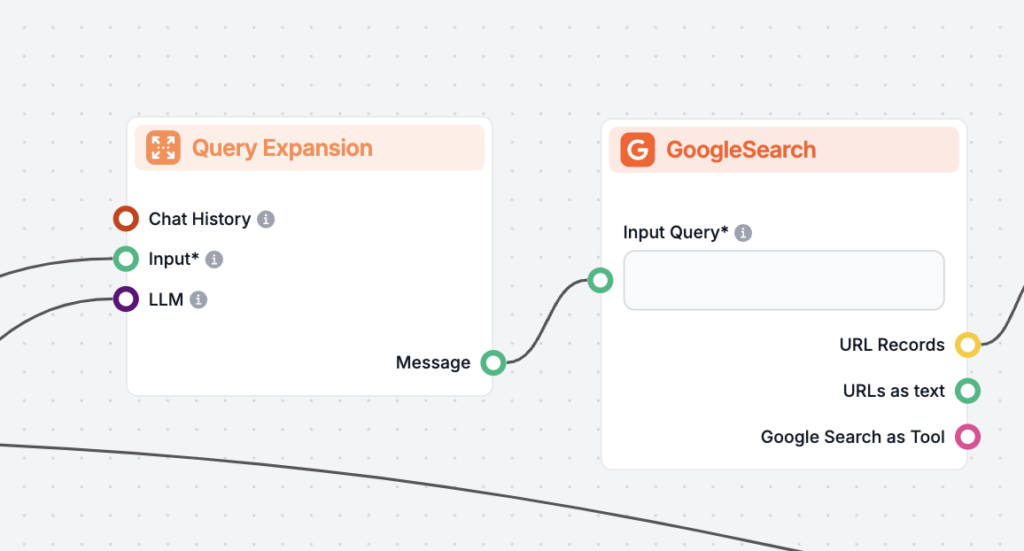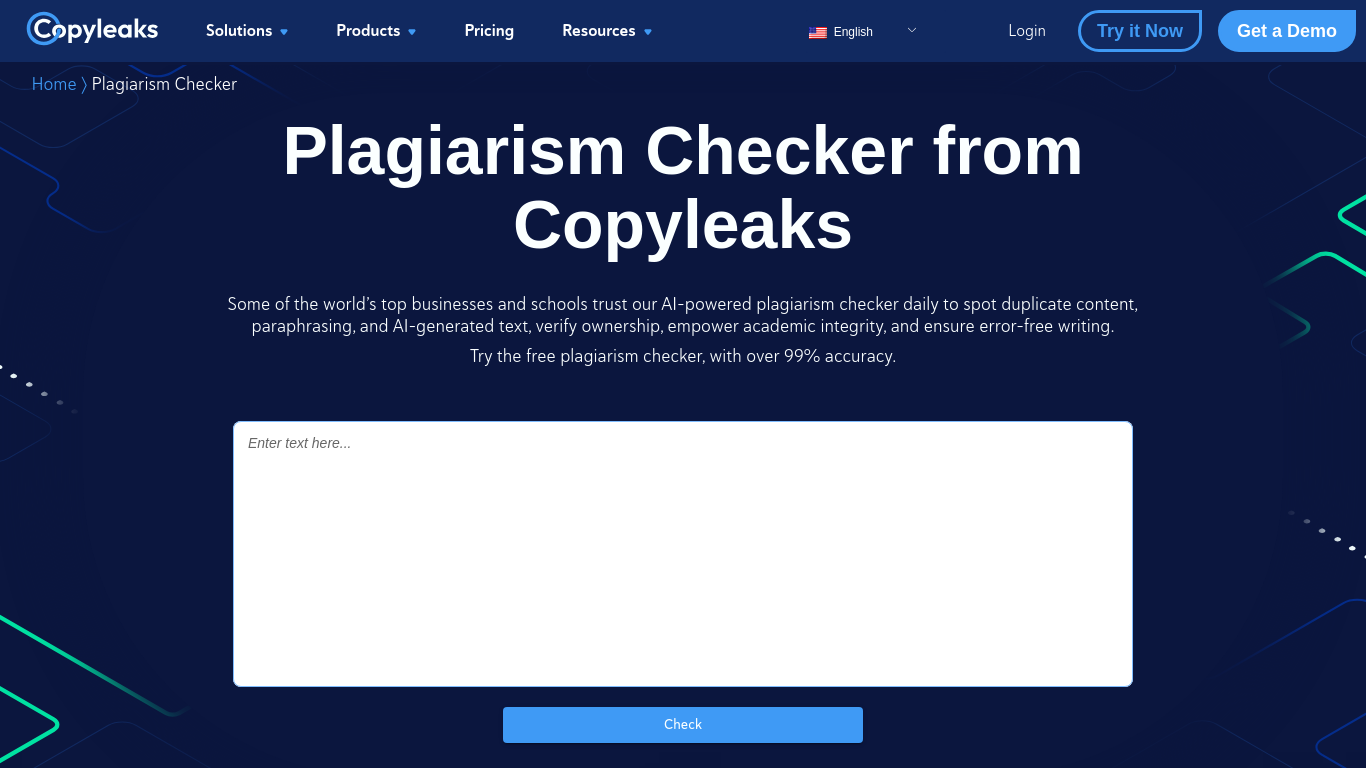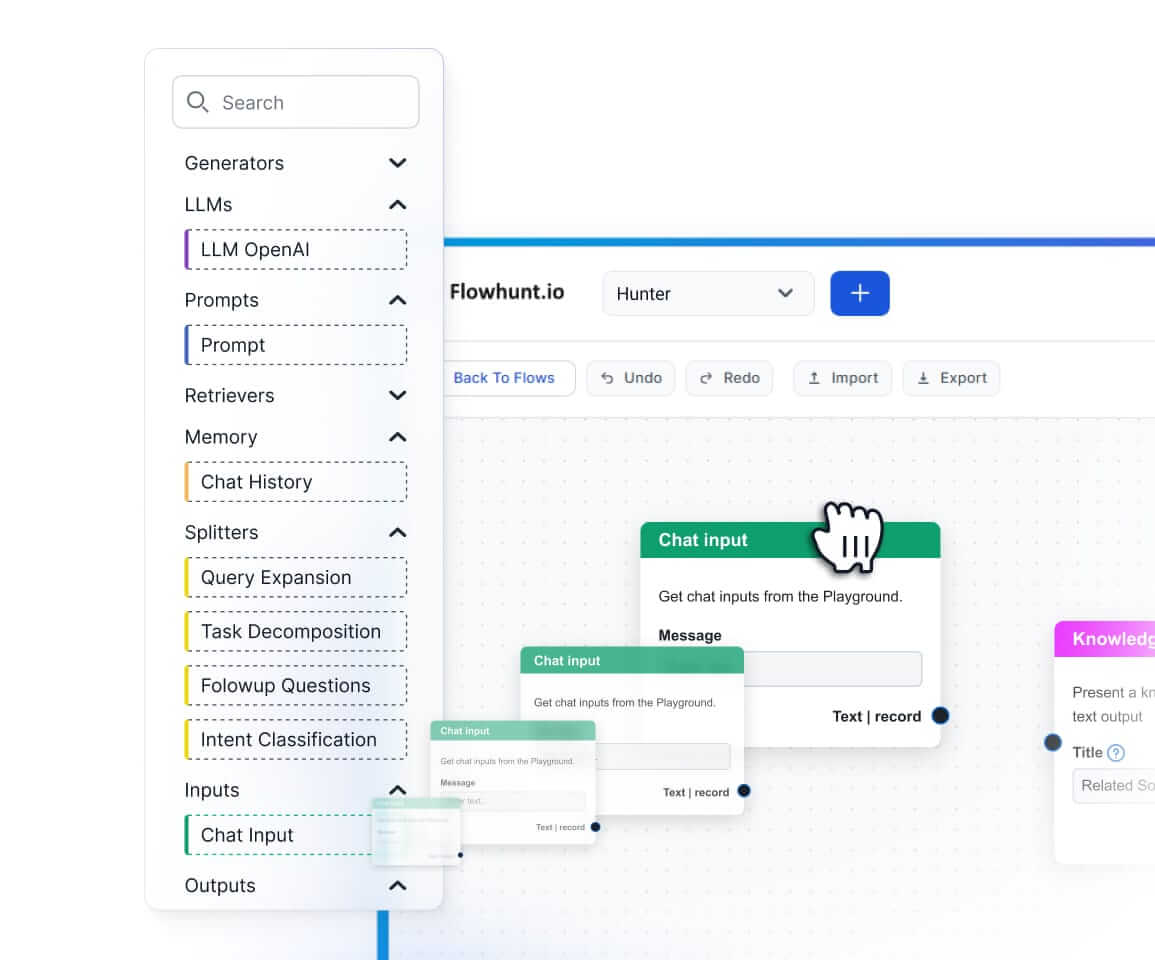
Document Reranking
Document reranking is the process of reordering retrieved documents based on their relevance to a user's query, refining search results to prioritize the most p...

Query Expansion is the process of enhancing a user’s original query by adding terms or context, improving document retrieval for more accurate and contextually relevant responses, especially in RAG (Retrieval-Augmented Generation) systems.
Query Expansion enhances user queries by adding terms or context, improving document retrieval for accurate responses. In RAG systems, it boosts recall and relevance, aiding chatbots and AI in providing precise answers by handling vague or synonym queries effectively.
Query Expansion refers to the process of enhancing a user’s original query by adding additional terms or context before sending it to the retrieval mechanism. This augmentation helps in retrieving more relevant documents or pieces of information, which are then used to generate a more accurate and contextually appropriate response. If documents are searched with alternative queries and then re-ranked, the RAG process gets much more precise document results in the prompt context window.

Retrieval-Augmented Generation (RAG) is an AI architecture that combines retrieval mechanisms with generative models to produce more accurate and contextually relevant responses. In RAG systems, a retrieval component fetches relevant documents or data chunks from a knowledge base based on a user query. Then, a generative model (often a Large Language Model or LLM) uses this retrieved information to generate a coherent and informative response.
In RAG systems, the quality of the generated response heavily depends on the relevance of the retrieved documents. If the retrieval component fails to fetch the most pertinent information, the generative model may produce suboptimal or irrelevant answers. Query Expansion addresses this challenge by improving the initial query, increasing the chances of retrieving all relevant documents.
By expanding the original query with related terms, synonyms, or paraphrases, Query Expansion broadens the search space. This increases the recall of the retrieval system, meaning it captures a higher proportion of relevant documents from the knowledge base. Higher recall leads to more comprehensive context for the generative model, enhancing the overall quality of the RAG system’s output.
LLMs like GPT-4 can generate semantically similar queries or paraphrases of the original query. By understanding the context and nuances of language, LLMs can produce high-quality expansions that capture different ways the same question might be asked.
Example:
In this approach, the system generates a hypothetical answer to the user’s query using an LLM. The hypothetical answer is then added to the original query to provide more context during retrieval.
Process:
Example:
This method involves generating multiple alternative queries that capture different phrasings or aspects of the original query. Each query is used independently to retrieve documents.
Process:
Example:
Scenario:
An AI system is designed to answer questions based on a company’s annual report. A user asks, “Was there significant turnover in the executive team?”
Implementation:
Benefit:
By providing more context through the hypothetical answer, the system retrieves relevant information that might have been missed with the original query alone.
Scenario:
A customer support chatbot assists users in troubleshooting issues. A user types, “My internet is slow.”
Implementation:
Benefit:
The chatbot captures a wider range of potential issues and solutions, increasing the likelihood of resolving the user’s problem efficiently.
Scenario:
A student uses an AI assistant to find resources on a topic: “Effects of sleep deprivation on cognitive function.”
Implementation:
Benefit:
The student receives comprehensive information covering various aspects of the topic, aiding in more thorough research.
Adding too many expanded queries can introduce irrelevant documents, reducing the precision of the retrieval.
Mitigation:
Words with multiple meanings can lead to irrelevant expansions.
Mitigation:
Generating and processing multiple expanded queries can be resource-intensive.
Mitigation:
Ensuring that the expanded queries work effectively with the existing retrieval algorithms.
Mitigation:
Assigning weights to terms in the expanded queries to reflect their importance.
After retrieval, re-ranking the documents to prioritize relevance.
Example:
Using a Cross-Encoder after retrieval to score and re-rank documents based on their relevance to the original query.
Incorporating user interactions to improve query expansion.
Using AI and LLMs for query expansion leverages advanced language understanding to improve retrieval. This enables AI systems, including chatbots and virtual assistants, to provide more accurate and contextually appropriate responses.
Automating the query expansion process reduces the burden on users to craft precise queries. AI automation handles the complexity behind the scenes, enhancing the efficiency of information retrieval systems.
Chatbots benefit from query expansion by better understanding user intents, especially in cases where users use colloquial language or incomplete phrases. This leads to more satisfying interactions and effective problem-solving.
Example:
A chatbot assisting with technical support can interpret a user’s vague query like “My app isn’t working” by expanding it to include “application crashes,” “software not responding,” and “app error messages,” leading to a faster resolution.
Research on Query Expansion for RAG
Improving Retrieval for RAG based Question Answering in question answering, enhancing accuracy with real-time data. Discover more!") Models on Financial Documents
This paper examines the effectiveness of Large Language Models (LLMs) enhanced by Retrieval-Augmented Generation (RAG), particularly in financial document contexts. It identifies that inaccuracies in LLM outputs often arise from suboptimal text chunk retrieval rather than the LLMs themselves. The study proposes improvements in RAG processes, including sophisticated chunking techniques and query expansion, along with metadata annotations and re-ranking algorithms. These methodologies aim to refine text retrieval, thereby improving LLM performance in generating accurate responses. Read more
Enhancing Retrieval and Managing Retrieval: A Four-Module Synergy for Improved Quality and Efficiency in RAG Systems
The paper introduces a modular approach to enhance RAG systems, focusing on the Query Rewriter module, which creates search-friendly queries to improve knowledge retrieval. It addresses issues of Information Plateaus and Ambiguity in queries by generating multiple queries. Additionally, the Knowledge Filter and Memory Knowledge Reservoir are proposed to manage irrelevant knowledge and optimize retrieval resources. These advancements aim to boost response quality and efficiency in RAG systems, validated through experiments across QA datasets. Access the code and more details
.
MultiHop-RAG: Benchmarking Retrieval-Augmented Generation for Multi-Hop Queries
This research highlights challenges in existing RAG systems when dealing with multi-hop queries, which require reasoning over multiple pieces of evidence. It introduces a novel dataset specifically designed to benchmark RAG systems on multi-hop queries, aiming to push the boundaries of current RAG capabilities. The paper discusses advancements necessary for RAG methods to effectively handle complex query structures and improve LLM adoption for practical applications.
Query Expansion is the process of augmenting a user’s original query by adding related terms, synonyms, or context, helping retrieval systems fetch more relevant documents and generate accurate responses, especially in AI-powered applications.
In RAG (Retrieval-Augmented Generation) systems, Query Expansion increases the recall of the retrieval component by broadening the search space, ensuring that more relevant documents are considered for generating precise responses.
Techniques include using Large Language Models to generate paraphrased queries, hypothetical answer generation, multi-query approaches, term weighting, and leveraging user feedback for continual improvement.
Query Expansion improves recall, handles vague or ambiguous queries, recognizes synonyms, and enhances user experience by delivering more accurate and informative responses without manual query refinement.
Yes, challenges include over-expansion (introducing irrelevant documents), ambiguity in terms, computational resource demands, and ensuring compatibility with retrieval algorithms. These can be mitigated with controlled generation, relevance filtering, and efficient models.
See how Query Expansion can enhance your AI chatbot's accuracy and improve information retrieval. Discover FlowHunt's solutions for efficient, automated query handling.

Document reranking is the process of reordering retrieved documents based on their relevance to a user's query, refining search results to prioritize the most p...

Question Answering with Retrieval-Augmented Generation (RAG) combines information retrieval and natural language generation to enhance large language models (LL...

Retrieval Augmented Generation (RAG) is an advanced AI framework that combines traditional information retrieval systems with generative large language models (...
Cookie Consent
We use cookies to enhance your browsing experience and analyze our traffic. See our privacy policy.